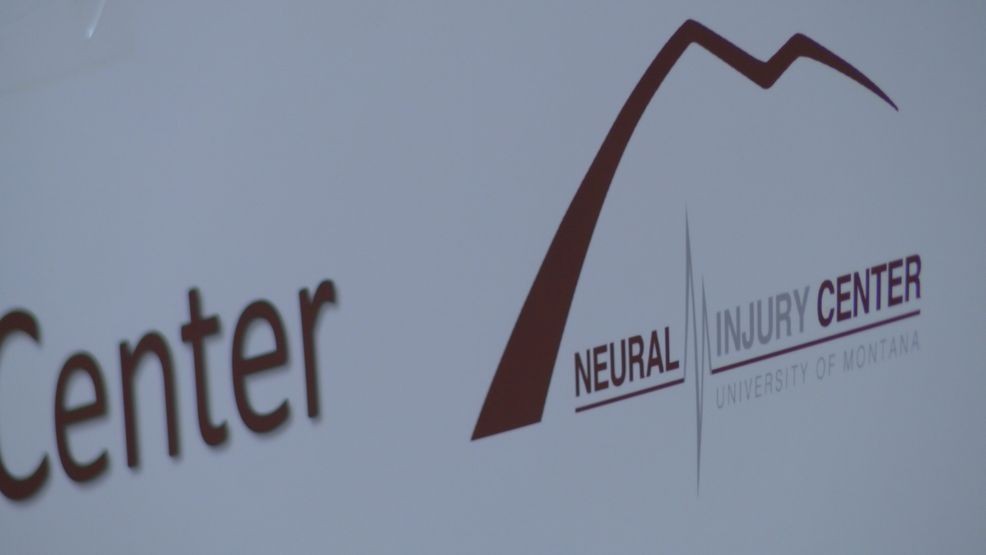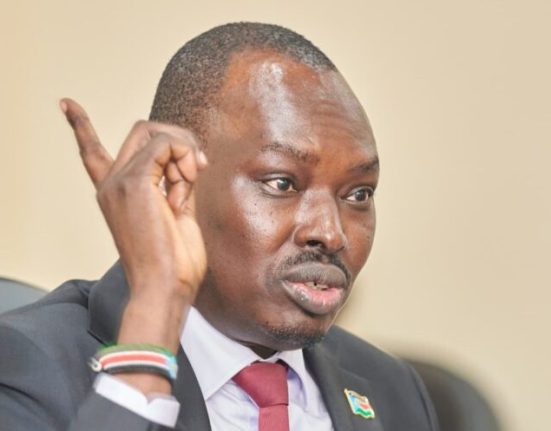BOZEMAN, Mont. — Research and education towards traumatic brain injuries are on the verge of losing millions in funding.
Due to a new proposal made by the Trump administration that aims to cut federal funds.
Officials at the Neural Injury Center at the University of Montana say years of research could be halted if UM loses federal funding for its TBI psychological health section.
“It’s not just researchers that are paying the price. I mean this is everyday people who may sustain a head injury that are going to have less access to services, the research is going to stop moving forward and that’s just really concerning,” said Brian Loyd, University of Montana director of the Neural Injury Center.
Loyd said the department works to conduct research and deliver education to serve people with concussions or a mild traumatic brain injury.
He adds the center’s funding comes from grants that are federally funded by the National Institute of Health, Congressionally Directed Medical Research Programs, and the Office of Naval Research.
These funds put the department in the position to hire additional PhD students, postdoctoral fellows and research staff, it also allows the department to carry on research.
Eliminating these funds could affect the services the department can provide for patients who are limited of getting brain injury treatment.
“To lose that funding it could have a really big impact on what we are able to deliver and the findings we’re able to do. The neural injury center specifically is going to tough for us to kind of weather that,” said Loyd.
NBC Montana reached out to Montana’s elected leaders, to hear their thoughts about TBI research and education funds possibly being taken away.
We received a response from the office of U.S. Sen. Steve Daines saying, “Sen. Daines will take a close look at proposed funding cuts and will remain in close contact with relevant agencies as president trump works to reduce waste and abuse in the federal government.”
Loyd said Neural Injury Center department heads will have to think outside the box to find other revenue resources like providing clinical services or educational opportunities.
“We’re trying to broaden our scope on how we support our center outside of federal funding,” said Loyd.







